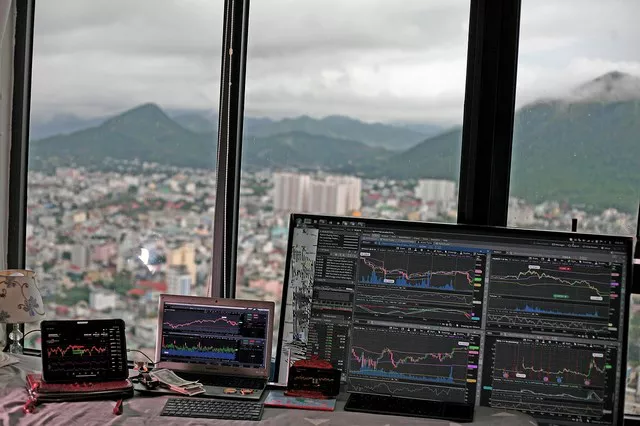MILAN — Coffee futures prices surged yesterday, with both the New York and London markets setting new highs. On Tuesday, January 22, 2025, ICE Arabica’s March contract soared 1,405 points (+4.3%) in one day, closing at 341.85 cents. Although this was below the intraday record of 348.35 cents set on December 10, the rally marks an ongoing trend of rising coffee prices.
Meanwhile, ICE Robusta’s March contract jumped by $563 (+11.5%) over three days, including a gain of $189 (+3.6%) yesterday, closing at $5,452. This brings the contract close to the highs set last September.
Fueling the Rally: Conab’s Pessimistic Crop Estimates
The surge in coffee prices is largely attributed to the latest figures from Brazil’s National Supply Company (Conab), which revised its 2024/25 crop forecast downward. Conab’s estimates, traditionally conservative, now show an even bleaker outlook than the previous September projections.
While Conab’s figures are often cautious and sometimes understated, the revision of already low estimates signals concerns in the market. Other analysts have also been lowering their projections in recent months, further amplifying concerns over global supply.
Tight Supply Conditions: Reports from Brazil and Vietnam
In addition to Conab’s figures, reports from Brazil and Vietnam are contributing to the bullish sentiment.
In Brazil, coffee prices reached new records, according to the Cepea Institute of the University of São Paulo. Cepea also noted that farmers are holding back on coffee sales, anticipating even higher prices in the future. This delayed selling behavior has raised concerns about further tightening of supply.
Vietnamese coffee growers are also waiting for better prices before selling their stocks, according to Sucden Financial. This delay in selling is compounding supply worries, as both Brazil and Vietnam are major coffee producers.
Logistical Issues and Global Challenges
The coffee market is also facing logistical hurdles that are driving up costs. A significant slowdown in trade and shipping is expected at the end of January, coinciding with the Lunar New Year celebrations, further restricting the movement of goods.
However, there is some positive news on the logistical front. With the ceasefire in Gaza, the Houthis have announced a truce in their attacks on merchant ships in the Red Sea, a crucial transit route for ships passing through the Suez Canal.
Despite this, other issues remain, including the potential for aggressive trade policies from new US President Donald Trump. His administration has threatened punitive tariffs and other retaliatory measures, which could further disrupt global trade.
Long-Term Risks: Climate Change and Sustainability
The biggest uncertainty for the coffee industry remains climate change, which poses a threat to the sustainability of coffee crops and the livelihoods of millions of producers. The sector is increasingly recognizing the need for a collective effort across the supply chain to address these challenges.
One such initiative is the Global Coffee Resilience Fund, launched at the recent G7 Development Ministers’ Meeting in Pescara under Italy’s presidency. The goal is to create a model for public and private sector collaboration to support coffee-growing regions and ensure the long-term viability of the coffee industry.
As Italy’s Foreign Minister Tajani noted, the hope is that this initiative could serve as a pilot for other agro-industrial sectors facing similar sustainability issues.
Related topics:


